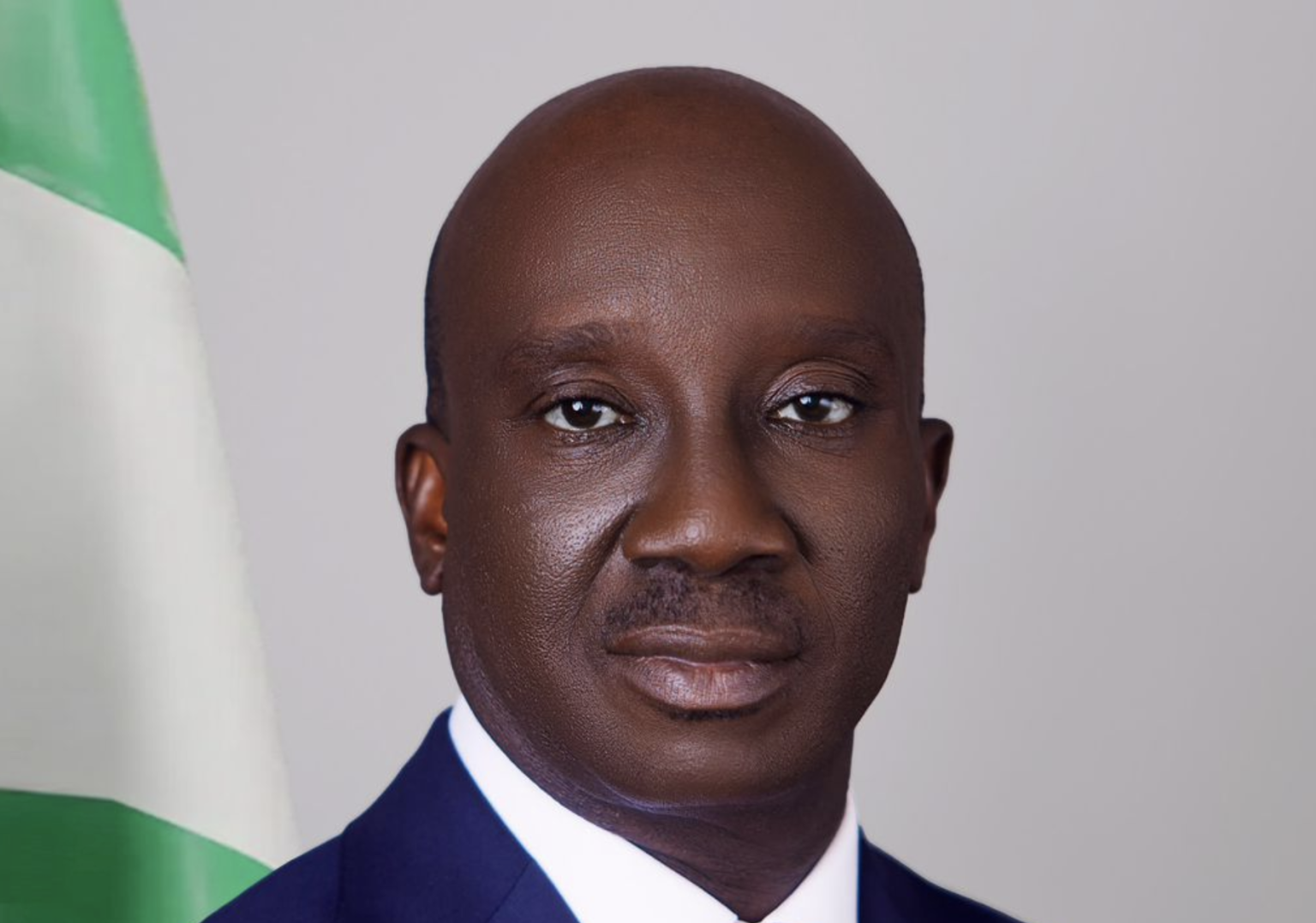Tension is rising in Edo State following the decision by Governor Monday Okpebholo to return eight public secondary schools to the Catholic Mission, a move that has drawn strong criticism from several Muslim organisations.
Two prominent groups, Edo Muslims for Equity and Good Governance (EMEGG) and the Edo State chapter of the Nigeria Supreme Council for Islamic Affairs (NSCIA), have publicly condemned the handover, arguing that it could marginalise Muslim students and staff currently in those schools.
According to a statement from the Governor’s media aide, Fred Itua, the decision was confirmed on Monday after a meeting between Governor Okpebholo and Bishop Gabriel G. Dunia of the Catholic Diocese of Auchi. The affected schools include Our Lady of Fatima College, Auchi; St. Angela’s Grammar School, Uzairue; St. John Grammar School, Fugar; St. Peter’s Grammar School, Agenebode; St. James’s Grammar School, Afuze; St. Joseph College, Otuo; St. Mary’s Grammar School, Eme-Ora; and St. Aloysius Gonzaga Grammar School, Ososo.
Governor Okpebholo clarified that any of the schools currently undergoing government-funded renovations would remain under state management until those works are completed.
Bishop Dunia welcomed the development, stating that the Church had long advocated for the return of its original schools, which it views as vital not only for academic instruction but also for moral and societal development.
However, Muslim leaders have expressed concerns that the decision undermines the principles of inclusivity and religious balance. In a joint statement, EMEGG’s General Coordinator, Sirajudeen Muhammad, and Secretary, Abdullah Umar, noted that while the Catholic Mission may have established some of the schools, the land was often donated by local communities, many of which are predominantly Muslim.
READ ALSO: Okpebholo leads global investment drive for Edo at World Bank/IMF meetings
They further argued that the schools have been sustained through public funds sourced from taxpayers of all faiths and should remain secular institutions serving the entire population.
The NSCIA Edo State Chairman, Abdulaziz Igbinidu, echoed these sentiments, questioning the rationale behind returning the schools to a religious body after the state had invested heavily in infrastructure upgrades. He called for greater transparency and dialogue, asserting that the Muslim community was excluded from the decision-making process.
Similarly, Zakariyah Musa, Chairman of the Edo North Council of Ulama, criticised the move as unfair to Muslim pupils currently enrolled in the affected schools. He stressed the importance of inclusive governance and revealed plans by Islamic stakeholders to engage the governor directly in hopes of reversing the decision.
Imam Harun Umar of the Edo South Council of Ulama warned of potential long-term consequences. While acknowledging that the governor may have intended to improve educational standards and discipline, he urged the administration to explore more inclusive strategies.
Umar noted that a five-member implementation committee has been established by the state government and called for it to include broad religious and community representation. He also advised that the handover be temporarily halted pending further consultations, cautioning that the decision could alienate not only Muslims but also non-Catholic Christians.
The controversy continues to unfold as stakeholders across religious and civic lines await further developments.



